Feature photo: Theaterschiff Heilbronn
There is no question that the 6th Hertenstein Talks were the best talks in this series of talks, which were initially designed to last 12 years. This was certainly also due to the new venue, the theater ship Heilbronn. On the one hand, the team around its artistic director offered Christian Marten Molnar after the talks with the opportunity to take part in rehearsals of the new piece "der Eintänzer" a refreshing supporting program and on the other hand the coffee bay team from Jochen Wieland the discussion participants throughout the day with food and drinks and offered an excellent Italian buffet at the end of the discussion.
However, the talks would not have been possible if a few members of the EUROPA-UNION had not committed themselves beyond the normal level. I want my better half first Bettina Kummerle who pulled out all the stops for weeks to lure European federalists from all over Baden-Württemberg to Heilbronn. And also Ursula Hecht campaigned for the talks in the immediate vicinity of Heilbronn until the end and also made himself available as a minute-taker. Thomas Heiligenmann ensured that the EUROPA-UNION Presidium members from Baden-Württemberg were able to take part in a Presidium meeting in Berlin via video conference in the course of the Hertenstein talks. Herbert Burkhardt ensured that the Heilbronner Marketing Gesellschaft made additional premises available and that the Heilbronn Operations Office hoisted three European flags in front of the theater ship. Last but not least, the EUROPA-UNION Secretary General traveled to Germany Christian Moss, despite a full schedule, came from Berlin with his wife to be able to take part in the talks again.
I was also pleased that dr Vassilios Vadokas, Leonard Reinwald, Michael George Link MP, Franz Schirm and Herbert Steudel were on board again. Also that we were able to persuade other members of our own to participate, including Verena Dieye, Ingrid Eheim, Heiner Dorner, Thomas Michl and Wolfram Rudolph. I was particularly pleased that Florian Ziegenbalg the Stuttgart delegation, among others Simone Schmidt and Michael Conc led, Mannheim by its district chairman peter schulze, Luxembourg through Manuel Schob, Heidelberg through Prof. Dr. Walther Heipertz and Rems-Murr through Catherine and dr Markus Schildknecht were represented. From the Ruhr area were extra Andrea and Kai Barth arrived and from Brussels John Marsia. So could the former MEP Evelyne Gebhardt certainly welcome a motley crew, which all in all consisted of almost 60 participants.
Today's and meanwhile almost obligatory evaluation of the beer coasters showed that the bulk of the participants were more than satisfied with the event, whereby we have to consider whether and how we can take the few suggestions for improvement into account in the future.
However, it was already apparent in the run-up to the 6th Hertenstein Talks that these would produce an unprecedented intensity, and so it was not surprising that one moderator distributed a total of 60 pages of theses papers to the discussants in the run-up to the talks, and another moderator even withdrew his participation in the run-up to the talks, because meanwhile - after a few decades of unsuccessful discussions - he has lost all faith in the sense and purpose of such talks and sees the time for a European revolution as more than come.
This intensity may have remained hidden from some of the new participants in the discussion, since it can only really be revealed if you actively participate in this discussion process over the years and repeatedly look at the topics raised there from a different perspective and at the same time rebalanced.
This time, three points weighed on me more than usual and clearly showed how deadlocked the European cart has become - despite the very precarious situation not only in Europe but in the entire world! The focus of the conversation on the current and extremely bloody and costly Ukraine war has clearly shown how bad the European idea is actually - and this despite all the successes that have already been achieved in the past decades and are definitely worth noting and mentioning! Europe has given us citizens of the Union back our sovereignty and brought previously unimaginable, unprecedented prosperity, combined with a more than 75-year period of peace and our own life expectancy of well over 80 years. Not to mention functioning democracies, general human and European civil rights that give everyone the opportunity for their own self-realization without having to offer anything in return.
Despite this, or perhaps because of this, I was more than surprised by three points. The first and less tragic is the development after the Federal Chancellor proclaimed the second turning point in the Federal Republic of Germany Olaf Scholz in March this year. Some still remember the first turning point, the spiritual and moral one, by the Federal Chancellor at the time Helmut Kohl, which set Europe and Germany back decades and really opened up the gap between social inequality in our society. The current turning point has once again opened up the possibility for part of our society to further enrich themselves at the expense of our society. And so, in the meantime, representatives of the German arms industry and the international arms trade are scurrying through the country, explaining to everyone that the USA is actually quite terrible arms protectionists and that Europe can only survive if we become an autonomous military power. Obviously, these ladies and gentlemen are only interested in the largest possible share of the billions of dollars in government spending to be expected in the future - the 100 billion euros recently promised to the Bundeswehr are only a small drop in the ocean, but this is reason enough for lobbyists to attend our meetings.
Even if I myself originally come from the economic liberal corner, I have to acknowledge and demand that the state must not leave this to the free market when it comes to infrastructure and especially armaments matters - here in particular the state has to intervene very strongly to regulate the market, if not to completely ignore the market. In addition, it is absolutely mandatory and vital for your own soldiers (!) that weapons in particular are only traded within your own alliance and that their development and production are organized throughout the alliance (NATO) for cost reasons alone, so that the necessary quantities are achieved can become. Anyone who organizes this differently only subsidizes very specific social groups and endangers not only the lives of our soldiers, but the entire country. This point of view was not only expressed by me during the talks, but unfortunately also vehemently rejected by some of the other participants in the talks and a supposed European autonomy was raised to the non plus ultra.
The second point was the ongoing inherent glorification of the nation-state itself. Even the publications become one Hannah Arendt disregarded, which proved a very long time ago that the nation state is only a product of recent history. And even the sole purpose of the nation state, namely that of a welfare state, to guarantee the welfare of its citizens, would have to be questioned today - the European Social Fund or the Eurobonds can be cited as good examples. Not to mention its impossibility in times of globalization; corresponding notices, such as those of Michael Wolffsohn, are studiously ignored by the nation-state advocates. And yet it has been common knowledge for a long time that our European nation states only exist today because they have been slowly but surely dissolving into a larger whole for decades. And just as the Federal Republic of Germany has been clinging to traditional structures for decades and “countries” like Saarland or Berlin have been kept alive against all reason, so some continue to propagate the need for nation states in Europe; whose supporters obviously fill entire books. The justification put forward is, in addition to the false assertion that nation states are ancient and thus traditional social structures, mostly that of the nation state feeling, of one's own identification with the nation. In doing so, we completely forget that nation states are purely political structures and that citizens tend to feel at home in their regions, districts and valleys.
The third point was ultimately the decisive one for me and probably also led to a moderator leaving the talks prematurely. We were of the opinion that the path can never be the goal! But the conclusion that we humans should actually be satisfied if we continue to be on the right path towards a very specific goal is only correct if it is foreseeable that this goal will be achieved by the people who are treading this path can also be achieved.
And we are not talking about such noble goals as world peace, eternal life or at least lifelong health, but simply and solely about a change in the political structure within a very manageable part of Europe.
And this goal was redefined and set in 1945, after people had already distanced themselves from a world union in 1946, namely the creation of a federal state of Europe! By 1948 at the latest, it was clear to all politically thinking Europeans that this federal state must be democratic and federally structured. With the founding of the Federal Republic of Germany, this also became a matter of state for us. And the facts of the past few decades have shown time and again that this is the right goal for Europe, and that we Europeans have been on the right path since 1946 — we Europeans have been walking this path for more than 75 years, with the first who trod this path are long dead. In the meantime, the third or fourth generation of Union citizens is already following this path.
Mind you, "only" one way towards the goal of a political structural change - which could have been carried out several times and for a wide variety of reasons - without the large majority of Union citizens being forced into crises or major changes in behavior as a result.
That's why I think it's just inhuman if you send your citizens on a path to a necessary and desirable goal without giving them the opportunity or chance that they will ever reach this goal! And then to tell them that they must be happy and grateful because they are on the right path.
We should all talk about what kind of human image is actually behind such an argument.
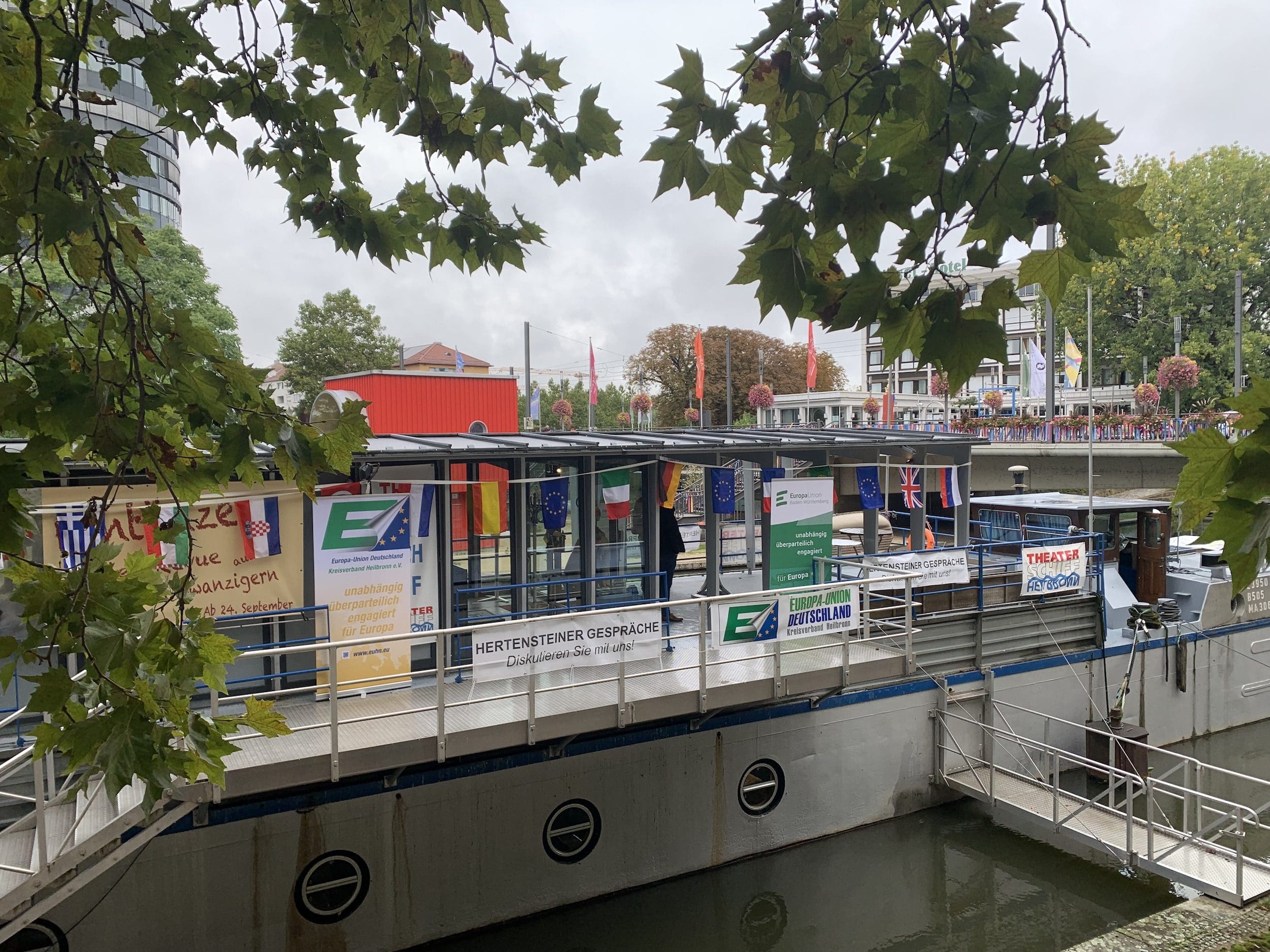
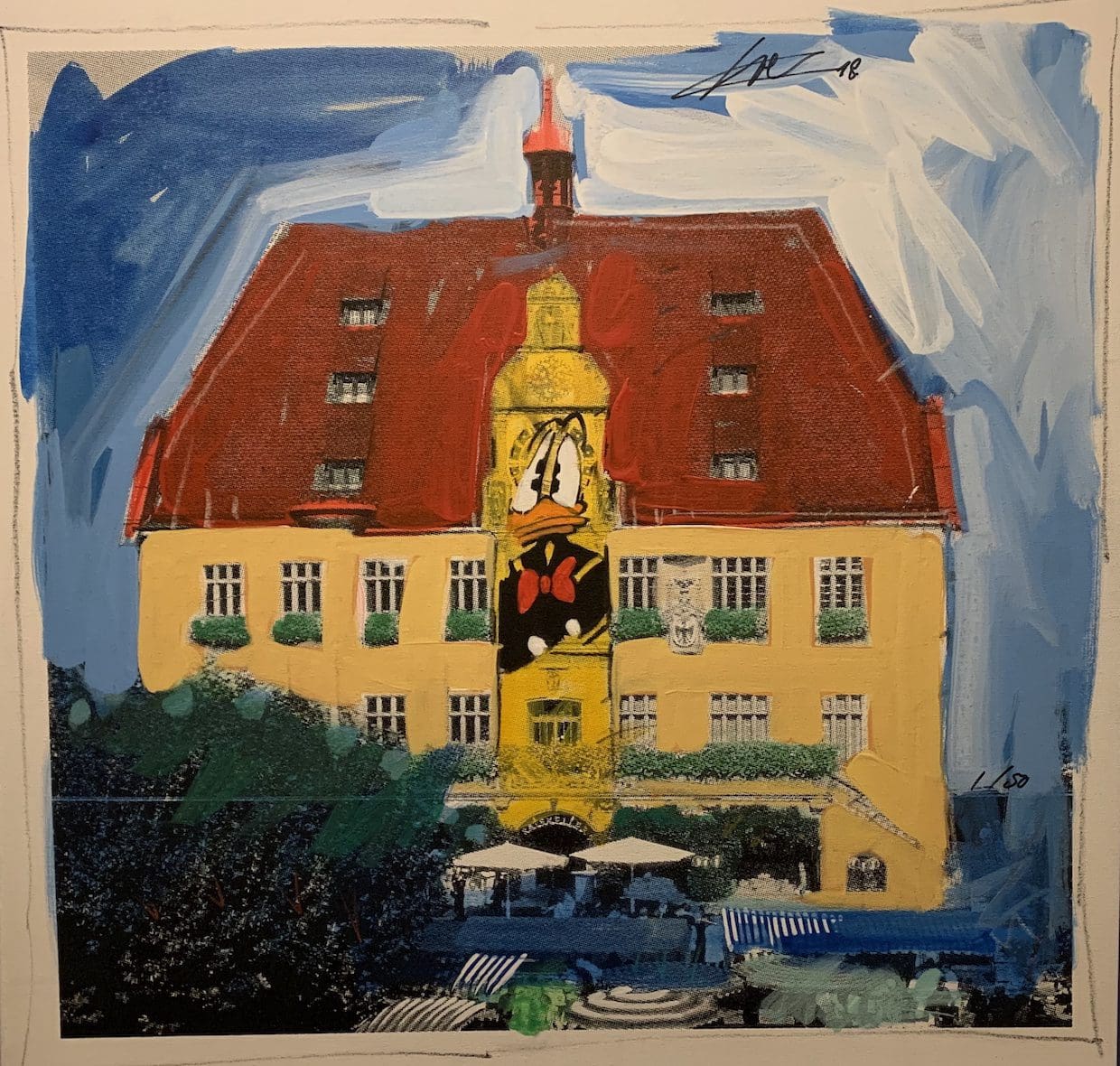
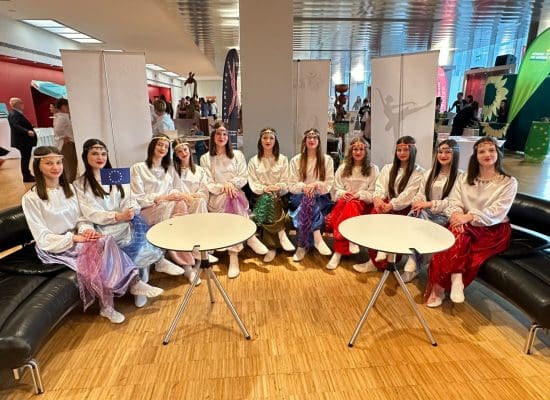
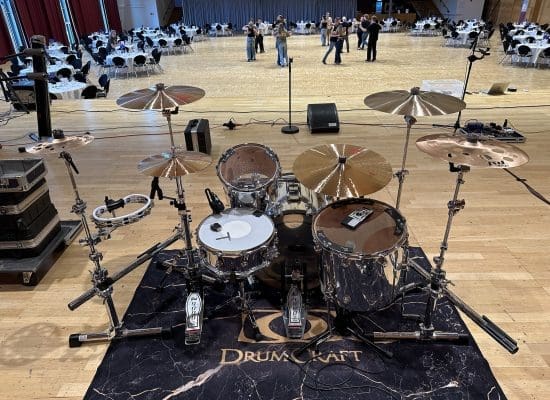

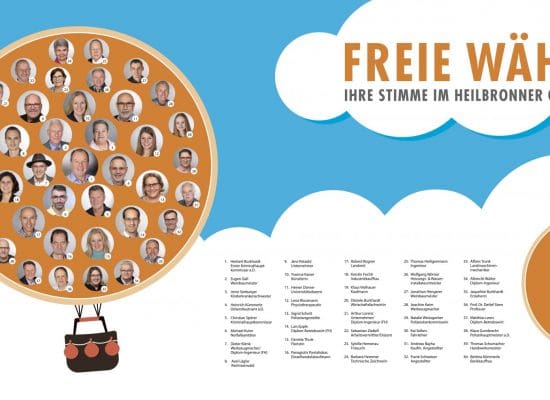

Photo by freestocks.org on Pexels.com Last Saturday (17.09.2022/6/XNUMX) I had the honor of welcoming participants to the XNUMXth Hertenstein talks to be in Heilbronn. The Afterthoughts by Heinrich Kümmerle By the way, you can read about it here, so that you can find further impulses in addition to my impressions.
First of all, a big compliment to the organizers in Heilbronn, who are not letting up in their efforts and are always trying to bring the discussion about a united Europe to the grass roots with new impulses. That is not a matter of course. In addition, this commitment is purely voluntary. Also praise for the organization as a whole, which was also exemplary this time. The ambience of the Heilbronn theater ship is something special.
to the individual discussion groups I don't want to go into detail - firstly it would go beyond the scope of a blog post and secondly I know that there will be detailed documentation. The fine art of "reaping in the harvest" is at the Europe Union Heilbronn capitalized and taken seriously. So I'll limit myself to my general impressions of the event.
This year's Hertenstein Talks were completely dominated by the Ukraine war. Which shouldn't surprise anyone. Nevertheless, the discussions were thematically balanced. During all the discussions, some of which ranged from very lively to heated (in a positive sense), I noticed a few things that still have an after-effect.
When it comes to Europe, we talk a lot about deficits and how we could solve them. But because the reflection of the common “why” is missing, we get bogged down in small-scale debates about symptoms and how to combat them, instead of tackling the actual root of the challenges. The common compass is missing, which is constantly being called to mind and which, at best, is only really known to a few initiates. Precisely because it is not part and object of discussion over and over again. This is how every “change project” fails, whether big or small. And it shouldn't come as a surprise to anyone that “national interests” are constantly undermining the European project. Without a common, clear and constantly sharpened awareness of why, no common course can be determined and maintained. Personally, I was missing exactly this in almost all discussions. What do we want to achieve for whom and why, I would have wished for during the discussions and how do we make progress in a reflected, result-oriented and iterative process. If you look closely, you will find that Paris, London and Stuttgart have to struggle with almost the same problems and challenges in everyday life as Rio, New York or Mumbai. And this is how Europe and what can be achieved together in Europe can be experienced and made tangible. In other words, we need more dialogue, more discussion, more broad-based debates about why (as the North Star) and about concrete, tangible implementation in everyday life that creates visibility.
One suggestion for the further development of the Hertenstein Talks is the format. I am a self-confessed friend of deliberative formats. Certainly not easy to do, but possible. I wish for more of that in the future. Personally, it was a bit too much “frontal amusement” and too little dialogue for me. Each discussion group was characterized by the keynote speeches, which were then followed by questions and discussions. Unfortunately, there were no results in the sense of jointly developed solution ideas and suggestions. One or two impulse lectures would have been enough for me to then go into the in-depth development of ideas in order to make the participants share. But maybe I've gone too far here.
My conclusion: It was time well invested for me, because I gained a few ideas, impulses and thoughts and, thanks to the top-class cast of the moderators, also gained some technical input that makes it easier for me to understand. What I missed was the thematic focus on the why and the format, the development of ideas with the sponsors. Nevertheless, I can say with a clear conscience that the Hertenstein talks have been worthwhile once again. They definitely deserve a little more attention.
Share with:Tweete-mailPrintShare on TumblrPocketLike:Like Loading...
afterthoughts to the #Hertenstein talks on 17.09.2022/XNUMX/XNUMX in #Heilbronn from @301062K51219 #Europa kuemmerle.name/afterthoughts